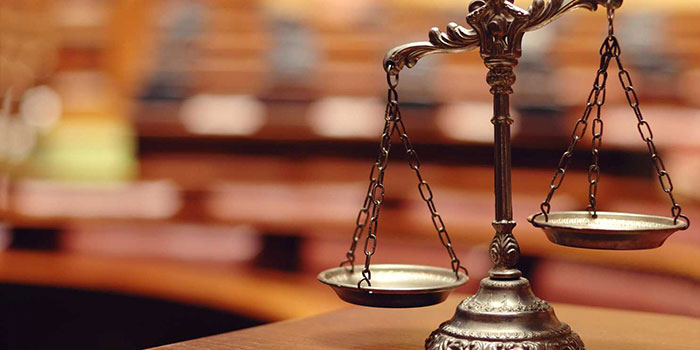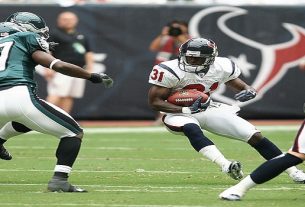In the wake of a federal court ruling that Big Fish Casino violated Washington State gaming laws, four other online gaming companies have been put in the spotlight by state officials for the online games they offer. Class action lawsuits have been filed against DoubleDown Interactive, Playtika, Huuge Games and High 5 Games for violating state law by charging their customers to compete in play money social casino games.
Each of these gaming companies offers customers a series of games that are typically found in casinos, like slots and blackjack. However, players are only able to play if they have virtual chips which are either bought using real money or offered for free by the game. Many people usually opt to buy the virtual chips instead of waiting since the wait times are not particularly short enough to sustain consistent gameplay.
Last month, the Ninth Circuit United States Courts of Appeals reversed a previous ruling made by a district court thereby stipulating that the virtual chips used in Big Fish’s Casino Games represented “something of value” even though they lacked any direct monetary value.
As such, the use of virtual chips for playing games of chance at Big Fish Casino as well as all the other four casinos constituted the gambling – Washington State law defines gambling as “risking something of value on the outcome of a contest of chance or a future contingent event not under the person’s control or influence to receive something of value in the event of a certain outcome.”
“Free-to-play” games are quite popular especially because they offer the players a form or free entertainments in exchange for no money or deposits in return to play. The gaming companies also use in-app purchases in these games as revenue drivers. In general, the games do not constitute gambling but the burgeoning backlash against them is beginning to send spasms down the spines of the operators.
Already, PokerStars and several other gaming companies that offered such games have halted their operations in Washington so as to avoid any potential legal issues. This move came shortly after the Court of Appeals judgement which subsequently presented opportunities for similar legal agendas. It is quite clear that the lawsuits are certainly going to have some rather troubling repercussions for the entire social gaming community in the United States especially because many states have similar or identical definitions for gambling as the Washington State law’s definition.



